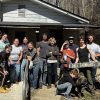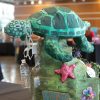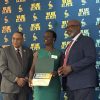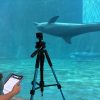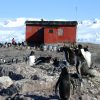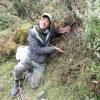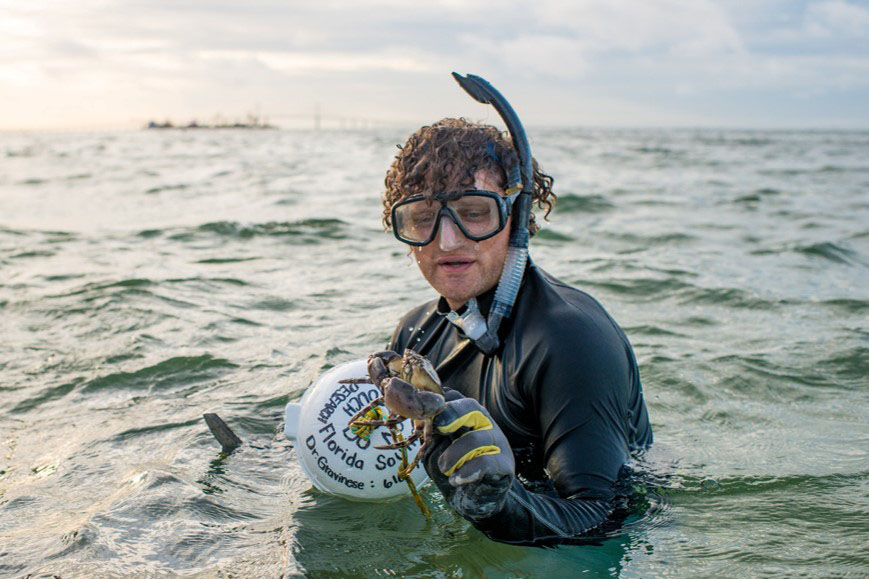
Philip Gravinese, Ph.D., assistant professor of marine science, arrived at Eckerd College recently after a two-year stint in the same role at Florida Southern College. He brought with him his experience, his love of the ocean and his passion for science. Plus something else.
Last year, Gravinese and two researchers from Louisiana State University were awarded a four-year, $922,000 grant from the National Science Foundation to study the impact of climate change on stone crabs. The goal, according to the grant, is to investigate and model how rapidly changing ocean temperatures and pH levels disrupt stone crab larval development, behavior and dispersal among habitats along the Florida coasts. Previous work by Gravinese has shown that stone crabs are sensitive to environmental stressors, and the numbers support him. The annual stone crab harvest in Florida has decreased by roughly 30% since the 2000–2001 season.
“My portion of the award is $294,372,” Gravinese says, “and all of the funds will move with me minus what I spent this summer as a Florida Southern faculty. There are three full years left on the grant.
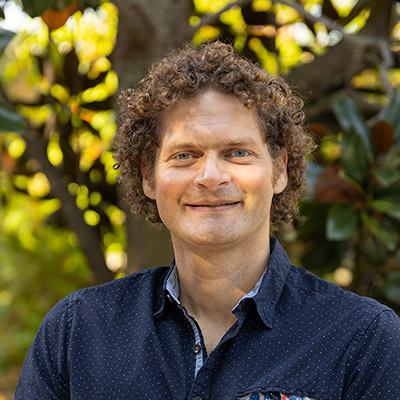
Philip Gravinese, Ph.D.
“I anticipate that the grant will support research experiences for Eckerd undergraduates for the next three summers,” he adds.
“I think I will be able to fund three or four undergraduates each summer. Undergraduates who are supported by the grant will receive a summer stipend and have their summer housing paid for while in the field, which is all covered by the grant. The students will be housed at Mote’s Elizabeth Moore International Center for Coral Reef Research & Restoration in Summerland Key, Florida. I will probably start advertising for the positions this fall.”
A native of Norristown, Pennsylvania, Gravinese grew up spending his summers at Sea Isle City on the New Jersey shore. “On that last day of school, when the final bell rang, we went straight down to the shore, fishing and crabbing with my grandfather for the summer. That stimulated my passion and appreciation for the ocean and marine science. We fished from bridges and piers and docks. And we cooked whatever we caught. I learned a lot.”
Gravinese earned all three of his degrees—undergraduate, master’s and doctorate—at the Florida Institute of Technology. He taught biology in Brevard County public high schools for five years and in Hillsborough County for two more. Because some of the high schools didn’t have laboratories, sometimes he had to load his equipment into a cart and pull it from one classroom to the next.
After that came a postdoctoral fellowship at Mote Marine Laboratory & Aquarium in Sarasota for two years, followed by his move to Florida Southern. “Eckerd has always been a target job destination for me and a career goal,” he says, adding that his wife works for the United States Geological Survey in St. Petersburg.
As for his teaching approach, “I definitely do a lot of hands-on, engaged learning in the lab,” he says. “And then in the lecture portion, I always try to break up the lecture with either discussions or short activities to get the students thinking. I try to vary the delivery depending on the needs of the class so it’s not the same thing every day.”
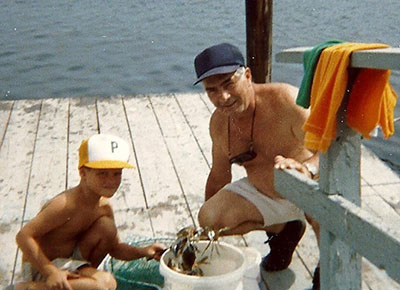
Philip as a child with his grandfather in New Jersey
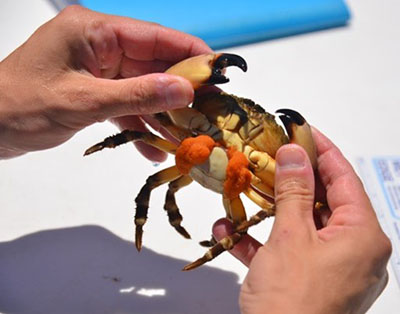
The underside of stone crab





